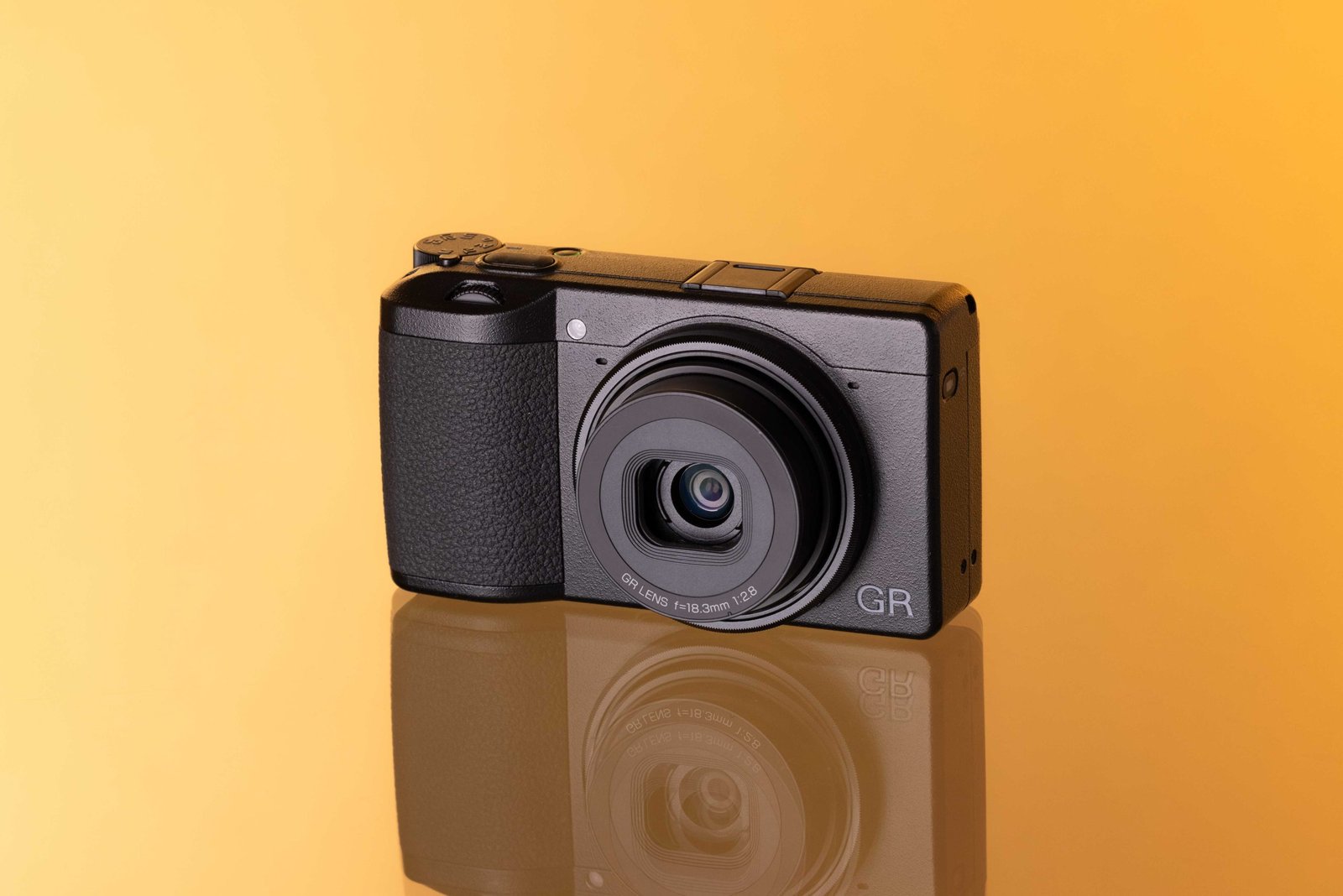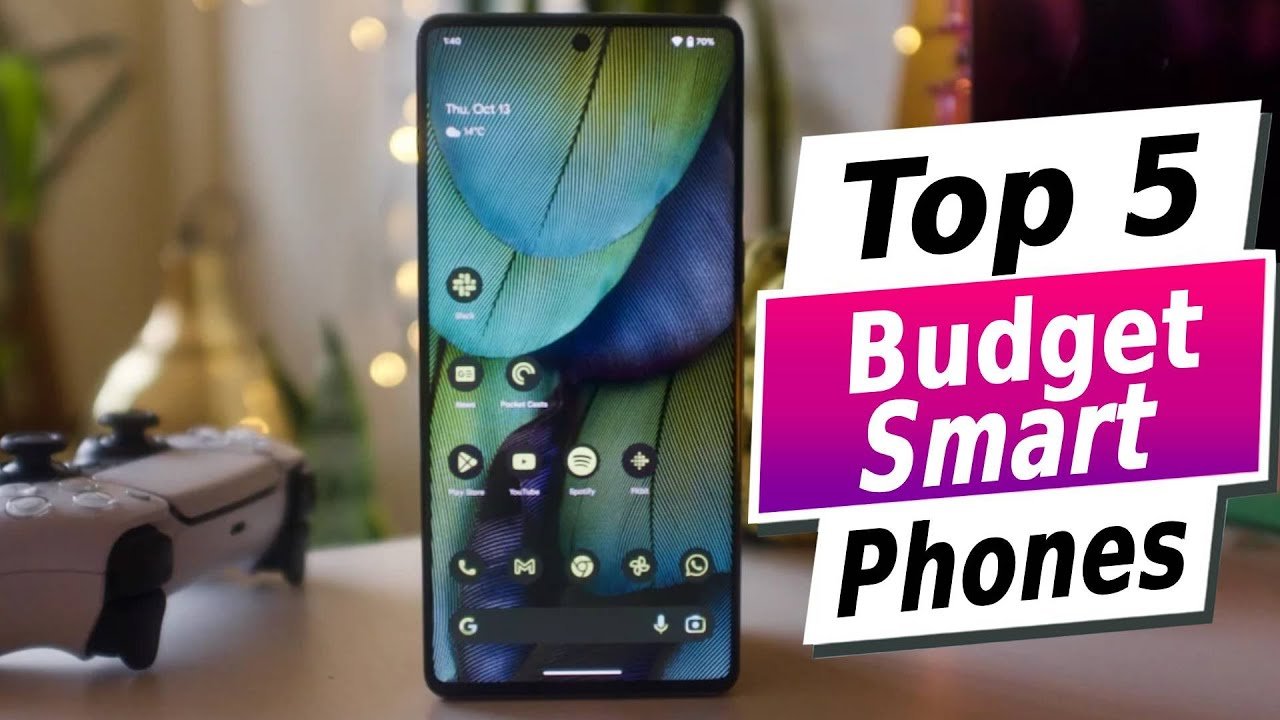Introduction to Compact Digital Cameras for Beginners
If you’ve ever felt overwhelmed by the world of photography but still want to capture stunning images without a steep learning curve, you’re not alone. This is where compact digital cameras come in. These handy devices bridge the gap between the simplicity of smartphone cameras and the high-end capabilities of DSLRs and mirrorless cameras. Designed with ease of use in mind, compact digital cameras offer a perfect entry point for beginners looking to elevate their photography without diving into complicated manual settings.
What Are Compact Digital Cameras?
Compact digital cameras, also known as point-and-shoot cameras, are smaller, lightweight devices that are equipped with built-in lenses. These cameras are designed for portability and ease of use, often featuring automatic modes that allow users to take great photos without needing to adjust intricate settings manually. They’re great for casual photographers or beginners who want a step up from their smartphone camera.
Why Compact Cameras Are Ideal for Beginners
If you’re new to photography, investing in a compact digital camera is a great way to start. These cameras are intuitive, require minimal technical knowledge, and are designed for quick, easy shooting. They often feature automatic settings that take care of exposure, focus, and white balance, so all you have to do is point and shoot. Plus, compact digital cameras are budget-friendly compared to higher-end alternatives, making them a low-risk entry into photography.
The Benefits of Using a Compact Digital Camera
Portability and Convenience
One of the standout advantages of compact digital cameras is their size. They’re small enough to fit in your pocket or bag, making them ideal for travel, events, and spontaneous shooting. Unlike bulkier DSLR cameras, compact cameras won’t weigh you down, and you can carry them with you just about anywhere.
Ease of Use and Learning Curve
Compact cameras come with automatic settings that allow you to start shooting as soon as you power on the device. While they do offer some manual controls for more advanced users, beginners can take high-quality images without worrying about learning complex photography principles.
Affordability Compared to DSLRs and Mirrorless Cameras
For those on a budget, compact digital cameras offer an affordable entry into the world of photography. While professional-level cameras can cost thousands of dollars, many compact models provide excellent quality for a fraction of the price.
Key Features to Look for in a Compact Digital Camera
Image Quality and Megapixels
When shopping for a compact camera, pay attention to the megapixel count. While it’s tempting to assume more megapixels equal better quality, other factors like lens quality and sensor size play a crucial role. For most beginners, a camera with 16 to 20 megapixels should suffice.
Lens Quality and Zoom Capabilities
Many compact digital cameras feature a built-in zoom lens. Look for models with optical zoom rather than digital zoom, as optical zoom maintains image quality while zooming in.
Sensor Size and Its Importance
The sensor is the heart of your camera, capturing light and translating it into an image. A larger sensor generally means better image quality, especially in low light. Compact cameras typically have smaller sensors than DSLRs, but some models come with larger sensors for superior results.
Top Compact Digital Cameras for Beginners in 2024
Here’s a quick rundown of some excellent compact digital cameras available in 2024:
- Canon PowerShot G7 X Mark III: Known for its fantastic image quality and compact design, this model is great for both photos and videos.
- Sony RX100 VII: It’s one of the best in the compact camera lineup, boasting high-speed autofocus and excellent video capabilities.
- Panasonic Lumix ZS200: Ideal for travel, this camera offers a long zoom range and solid image quality.
- Nikon Coolpix A1000: Affordable and easy to use, this model offers excellent value for beginners.
Understanding Camera Specifications
What Is a Megapixel, and How Much Do You Need?
Megapixels (MP) refer to the resolution of a camera’s sensor. While more megapixels can result in larger, more detailed images, it’s not the only factor determining image quality. For beginners, 16-20MP is more than enough for most uses, including prints and online sharing.
Optical Zoom vs. Digital Zoom: What’s the Difference?
Optical zoom uses the camera’s lens to zoom in, preserving image quality, while digital zoom simply enlarges the photo, often resulting in a loss of detail. Always prioritize optical zoom over digital.
Why Compact Digital Cameras Are Perfect for Travel Photography
Lightweight Design
For travelers, a bulky DSLR isn’t always practical. Compact cameras are light and easy to pack, making them perfect for on-the-go photography without sacrificing too much in terms of image quality.
Flexibility in Various Environments
Whether you’re exploring bright cityscapes or dimly lit interiors, a good compact digital camera will handle different lighting conditions better than a smartphone, thanks to superior sensors and lenses.
Compact Digital Cameras vs. Smartphone Cameras
Are Compact Cameras Still Relevant?
In the age of advanced smartphone cameras, many wonder if compact cameras are still worth it. The answer is yes, especially for those who want more control over their photography, higher image quality, and better zoom capabilities.
Common Mistakes Beginners Make with Compact Digital Cameras
Relying Too Much on Auto Mode
Auto mode is convenient, but exploring manual settings can greatly improve your photography skills. Experiment with aperture, shutter speed, and ISO to gain a deeper understanding of how your camera works.
Tips for Getting the Best Results from Your Compact Digital Camera
- How to Achieve Sharper Images: Keep the camera steady, or use a tripod, especially in low light.
- Understanding Lighting and Exposure: Learn to work with natural light and understand how different lighting conditions affect your photos.
Accessories to Enhance Your Compact Digital Camera Experience
A few helpful accessories for compact cameras include camera cases for protection, tripods for steady shots, and additional memory cards for extended shooting sessions.
Maintaining and Caring for Your Compact Digital Camera
Keep your camera clean and safe by regularly wiping the lens with a microfiber cloth and storing it in a protective case. Avoid exposing it to extreme temperatures or moisture.
Budget-Friendly Compact Digital Camera Options
Affordable cameras like the Nikon Coolpix series offer great value, with prices ranging from $300 to $500, ideal for beginners who don’t want to break the bank.
Conclusion
For beginners, compact digital cameras provide a perfect
balance between ease of use and quality. They’re affordable, portable, and offer enough features to help you grow as a photographer. Whether you’re traveling the world or snapping family photos, a compact digital camera can be your ideal companion to capture moments with clarity and precision.
FAQs
- What’s the best compact digital camera for absolute beginners?
The Canon PowerShot G7 X Mark III is highly recommended for its ease of use and excellent image quality. - Can I shoot professional-quality photos with a compact camera?
Yes, many compact cameras offer advanced features that allow for high-quality photos, though professionals may prefer more control from DSLRs or mirrorless cameras. - What’s the difference between compact and point-and-shoot cameras?
They’re essentially the same. Both terms refer to small, easy-to-use cameras designed for automatic photography. - How long does a typical compact camera last?
With proper care, a compact digital camera can last several years, but it’s best to replace or upgrade every 4-6 years as technology advances. - Can I use a compact digital camera for vlogging or YouTube?
Yes! Many compact cameras, like the Sony RX100 series, offer excellent video capabilities suitable for vlogging or YouTube content creation.





Leave a Reply